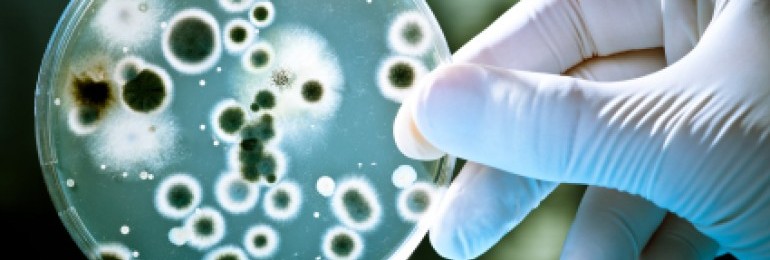Glucose metabolism involved in trained immunity

A team of researchers led by Shih-Chin Cheng, recently published proof for the controversial hypothesis of trained immunity in Science Magazine. The theory that the aspecific immune system can be influenced by external factors is still a hot item in the field of immunology. The researchers demonstrated the ability of the aspecific immune system to adapt through epigenetic changes in a glucose metabolism-regulating gene. Continue reading















